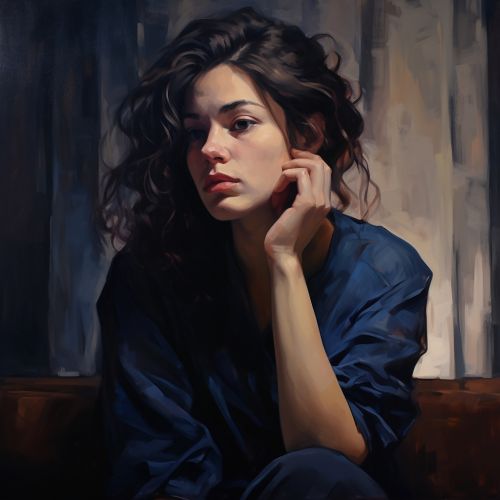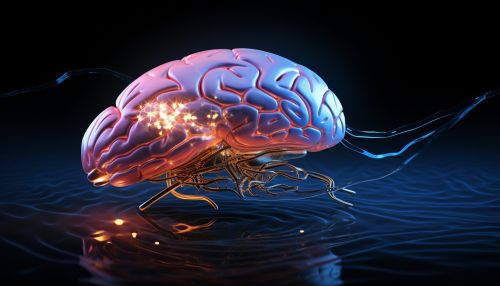The Science of Human Emotional Memory
Introduction
The science of human emotional memory is a complex and intricate field that delves into the intricate relationship between emotions and memory. It is a specialized branch of cognitive psychology and neuroscience, focusing on how emotions can influence the formation, retrieval, and modification of memories. This article will explore the various theories, mechanisms, and research findings associated with emotional memory.


Theories of Emotional Memory
James-Lange Theory
The James-Lange theory of emotion, proposed by William James and Carl Lange, suggests that physiological arousal precedes the experience of an emotion. In the context of emotional memory, this theory implies that the physiological responses associated with an emotion can influence the encoding and retrieval of memories.
Cannon-Bard Theory
The Cannon-Bard theory, on the other hand, posits that physiological arousal and emotional experience occur simultaneously. This theory suggests that emotional memories are formed through the simultaneous processing of emotional experiences and physiological responses.
Two-Factor Theory
The Two-Factor theory, proposed by Stanley Schachter and Jerome Singer, posits that emotion is based on two factors: physiological arousal and cognitive interpretation. In terms of emotional memory, this theory suggests that the way we interpret an emotional event can influence how we remember it.


Mechanisms of Emotional Memory
Encoding
Emotional encoding refers to the process by which emotional experiences are converted into memory traces. This process is influenced by the amygdala, a key brain structure involved in emotional processing. The amygdala interacts with the hippocampus, a region crucial for memory formation, to enhance the encoding of emotional memories.
Consolidation
Emotional consolidation involves the strengthening of memory traces over time. Research suggests that emotional arousal during an event can enhance the consolidation process, leading to stronger and more durable memories.
Retrieval
Emotional retrieval refers to the process of recalling emotional memories. Studies have shown that emotional arousal can enhance the retrieval of memories, particularly those with a negative valence.


Research on Emotional Memory
Numerous studies have been conducted to understand the intricacies of emotional memory. These studies have utilized various methodologies, including functional magnetic resonance imaging (fMRI) and electroencephalography (EEG), to investigate the neural mechanisms underlying emotional memory.
One key finding in this field is the emotion-enhanced memory effect, which refers to the improved recall of emotional, compared to neutral, information. This effect is thought to be mediated by the amygdala's influence on other memory-related brain regions.
Another important finding is the role of stress hormones in emotional memory. Studies have shown that stress hormones, such as cortisol, can enhance the consolidation of emotional memories.


Implications of Emotional Memory Research
The findings from emotional memory research have significant implications for various fields, including clinical psychology, education, and law.
In clinical psychology, understanding emotional memory can help in the treatment of conditions such as post-traumatic stress disorder (PTSD) and depression. For instance, therapies that target emotional memory, such as exposure therapy, are often used to treat PTSD.
In education, insights from emotional memory research can inform teaching strategies. For example, educators can use emotionally engaging materials to enhance students' learning and retention.
In law, understanding emotional memory can inform legal proceedings, particularly in cases involving eyewitness testimony. Research has shown that emotional events can be remembered more vividly, but not always more accurately, which can have implications for the reliability of eyewitness accounts.


